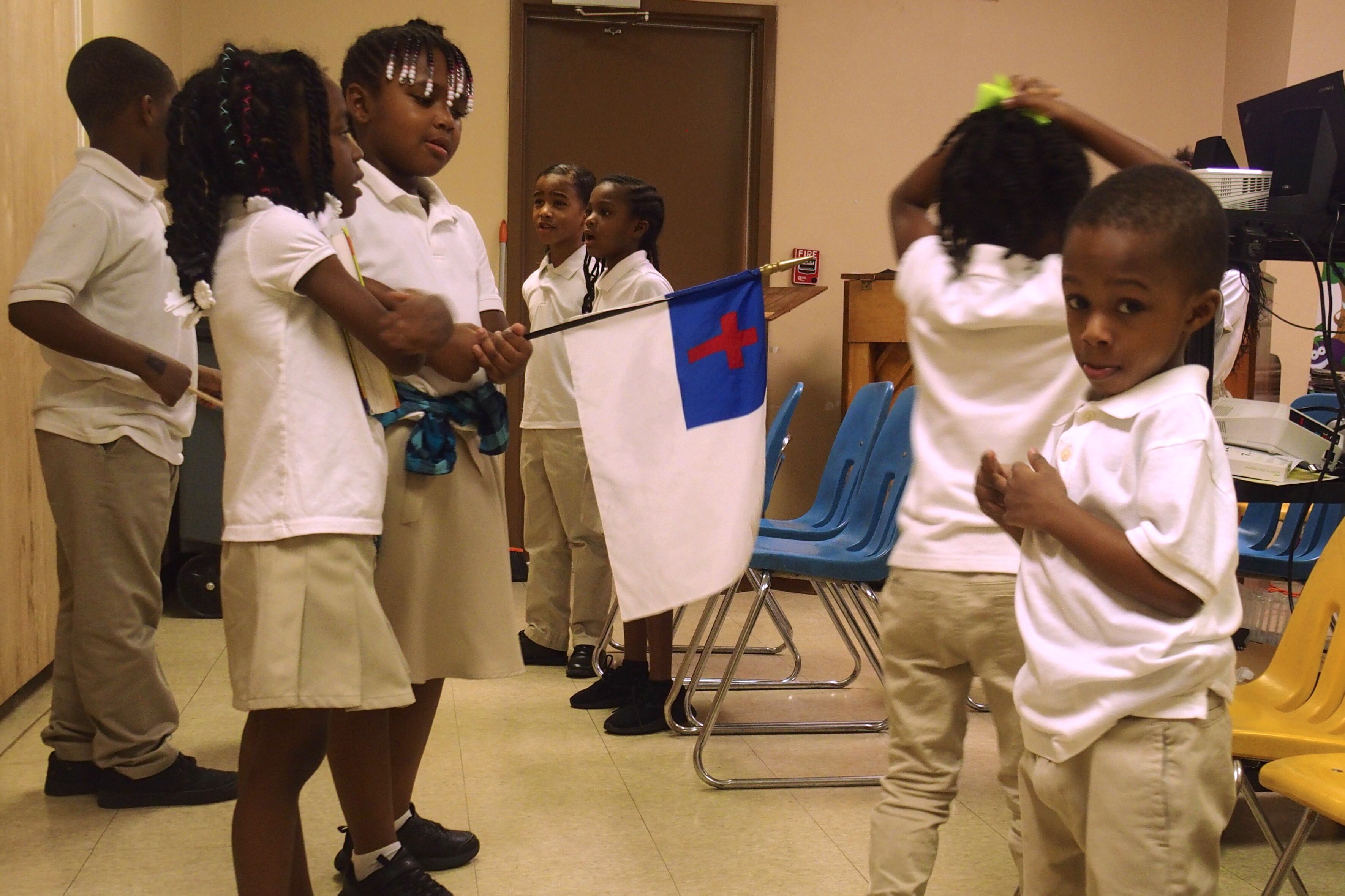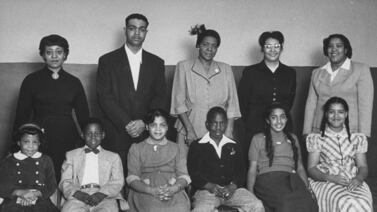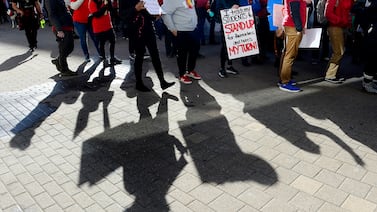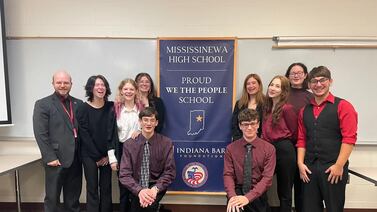Fewer than 300 applications appear to be on track for approval for 5,000 spots in the first year of Tennessee’s school voucher program, while a Nashville judge said she’ll rule by next week whether to allow the program to launch under two legal challenges.
As of Wednesday night, education department data showed 291 completed applications were still active, while 189 have been denied since the state began accepting them in late March.
In all, 913 families in Shelby County and 530 families in Metropolitan Nashville, the two communities the law affects, have started online applications. However, most have not completed them, with 963 applications in process but not submitted. The deadline to apply is May 7.
Deputy Education Commissioner Amity Schuyler, who has overseen the program’s rollout, estimated Thursday that about 500 students will be approved this year to receive an annual average of $7,100 each in public funds to pay for private school or other private education services. She noted that many families are applying for multiple children and that most applications have been for seats in kindergarten through third grade.
While the number of applications is under capacity, the final count may eventually be on par with the first year of similar programs in other states, which typically start at 10% of the limit.
To be eligible for the funds, students must be attending a Tennessee school this school year or entering kindergarten next year and be zoned for schools in Memphis or Nashville. The family’s household income can’t exceed about $65,000 annually for a family of four. That’s double what’s needed to qualify for free lunch under federal guidelines.
State officials had anticipated more participation in the first year but lowered expectations in recent months. In February, Schuyler said she expected “a small splash” in 2020. And this spring, Gov. Bill Lee said he expected low enrollment as he stood by his decision to start the program a year earlier than required by the 2019 law, even as public schools are bracing for budget cuts due to the economic slowdown caused by the coronavirus pandemic.
It’s uncertain how the pandemic has affected the number of applications. Families have been unable to tour approved private schools because of shutdowns of school facilities both public and private.
By law the program could grow to 15,000 students by its fifth year if maximum capacity is reached each year, but Schuyler said that the program is about choice, not size.
“I’ve never gotten any directive that the program was to be about volume,” she said of the focus on starting a high-quality option for parents who want choices beyond public schools.
The state’s other education savings account program for students with disabilities has also had low enrollment since starting in 2017. Only 164 are participating this year out of more than 42,000 eligible students statewide.
State officials are not necessarily expecting all families who start the application process to complete it. Both the department and the Nebraska-based company managing applications have sent multiple emails to families whose applications are incomplete and reminded them of the deadline.
Meanwhile, Davidson County Chancellor Anne C. Martin heard arguments Wednesday on a flurry of motions that include a request for a temporary injunction to keep the program from starting. She said she’ll issue her first ruling or rulings by next Wednesday.
Among other motions, the state is seeking to dismiss two lawsuits filed by local governments and groups representing parents in Memphis and Nashville who are challenging the voucher law, while the plaintiffs want the law declared unconstitutional.
Both suits charge that the law arbitrarily targets Tennessee’s two largest cities, and that resulting shifts in funding will violate the constitutional rights of public schoolchildren to receive an adequate and equitable education. Three pro-voucher groups representing other parents who want to receive education savings accounts have joined the legal battle.
Attorneys behind the second suit have asked the judge to — at the very least — order a temporary halt to the program until legal issues can be sorted out.
“The state has rushed to implement this program a year before it was required,” attorney Chris Wood told the judge during Wednesday’s daylong hearing. “There’s no reason to do that. There’s no reason that this court can’t sort out these complicated questions in due time.”
A key argument in both complaints is the state constitution’s so-called “home rule” provision that prohibits the legislature from passing laws that single out individual counties unless approved by two-thirds of the members of those counties’ legislative bodies, or a majority of voters. In Memphis and Nashville, local officials have consistently passed resolutions against vouchers, and almost every state lawmaker representing those communities voted against the education savings account bill.
In its motion for dismissal, the state argues that local governments don’t have standing to sue over that provision and that, even if they did, the law doesn’t violate home rule because the program “is a matter of state education policy.” Other state filings argue against a temporary pause and say participating students, parents, and schools “have a substantial interest in the orderly implementation of the ESA program.”
As of late March, at least 52 private schools have been approved to accept vouchers this year. June 1 is the traditional deadline to assign a seat for the upcoming school year.








